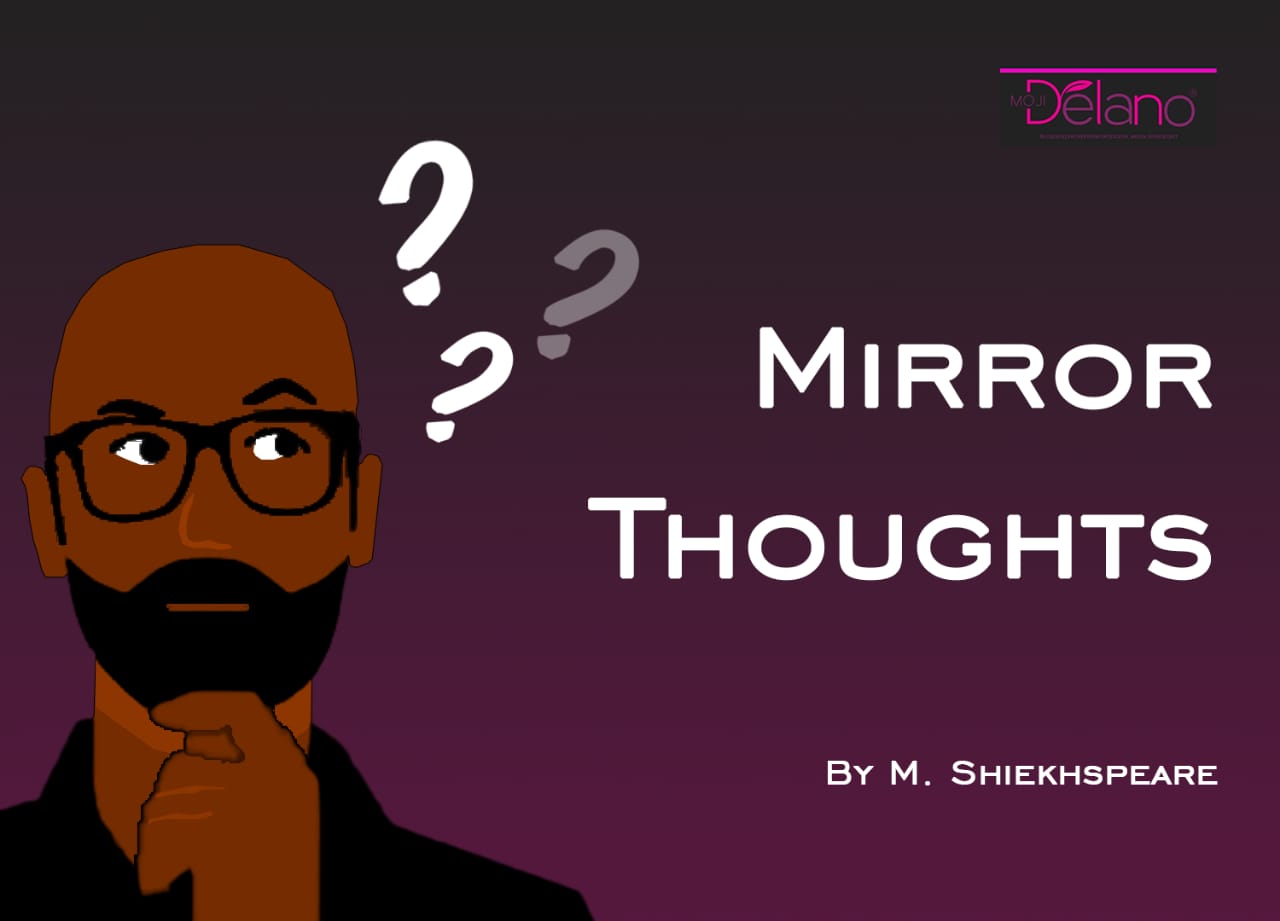MIRROR THOUGHTS: On Power And Might Of The State
Always and everywhere, power seeks to expand its reach and centralize control.
In order to consolidate control, the state must erode the influence of all competing power centers and leave itself as the only authority on which its subjects can rely.
Dependence is the foundation of sovereignty, and any state that seeks to gain total control over its population must make the population completely dependent by removing any form of stability provided by an alternative social institution that could allow the subject to ignore the will of the government.
Read Also: MIRROR THOUGHTS: Is Atheism A Belief System?
The naked destruction of these competing centers of power by the state will be correctly identified as tyranny, so any government undertaking that task must have a justifying narrative to obfuscate the fact that it is seizing authority from its rivals.
The revolution has proven to be the most powerful justifying narrative of the modern era, allowing one power center to destroy its rivals in the name of the people.
If a state seeks total control of its population, the creation of a permanent revolution provides a never-ending justification for the expansion and centralization of authority.In the early stages of development, nations tend to see a wider distribution of political power.
When governments are young, they do not have the authority, wealth, or bureaucratic structure necessary to wield control over every part of their domains.
New governments tend to be very dependent on regional authorities and organic social institutions because they could not hope to replace the function of those centers of power.
Community members are dependent on their families, local churches, and civic organizations for their material and spiritual needs.
Capable leaders form a natural aristocracy, be it in the classic sense of landed nobles or the more modern figures of the mayor, sheriff, and county commissioner.
The local populations count on these regional institutions and leaders, not the central state, for their direct safety and security.
This dependence generates power for these local aristocrats and institutions, and the fact that the younger central government must rely on them also means its own power is limited.It is not a constitution or a bill or rights that restricts the power or growth of government.
It is the existence of competing centers of power and political interests that holds a central government in check.
When the government relies on other social authorities to keep the nation functioning, it is required to negotiate with those competing centers of power.
Because those competing power centers are local or regional, their political interests are far more likely to be tied to the particular needs of their communities.
This means that as long as those competing power centers hold significant sway, the central government will always face natural limitations on its power, because it cannot ignore the competing regional interests of its constituent communities.
If a state seeks to expand and centralize control, it must eliminate or capture the power wielded by the other political forces inside the nation.
The authority of competing spheres of power must be collapsed so that they are no longer forcing compromise and their concerns can be ignored.
This is easier said than done, as those competing regional powers have earned the loyalty of the communities that have long depended on them.
That loyalty grants the regional powers independence, something that is unacceptable to a state seeking total control.
If the state is to remove these rival power centers, then the loyal base that grants them independence must be undermined.
Emperors and kings who wished to increase their power while reducing the influence of the nobility would often use new populations acquired through conquest or disenfranchised social groups inside their realm to dislodge their rivels.
The titles may have changed in the modern world, but the dynamics of power have not.

